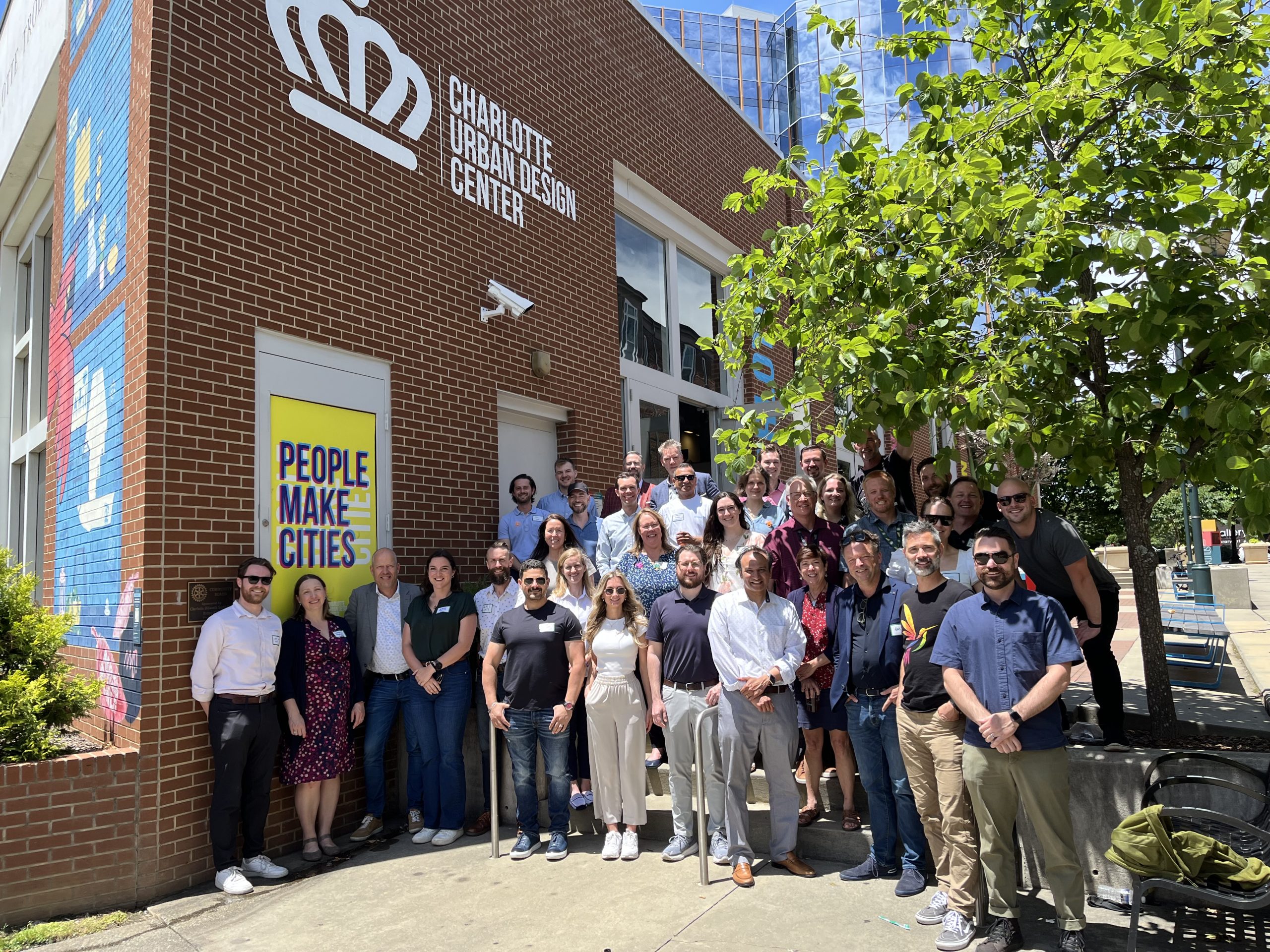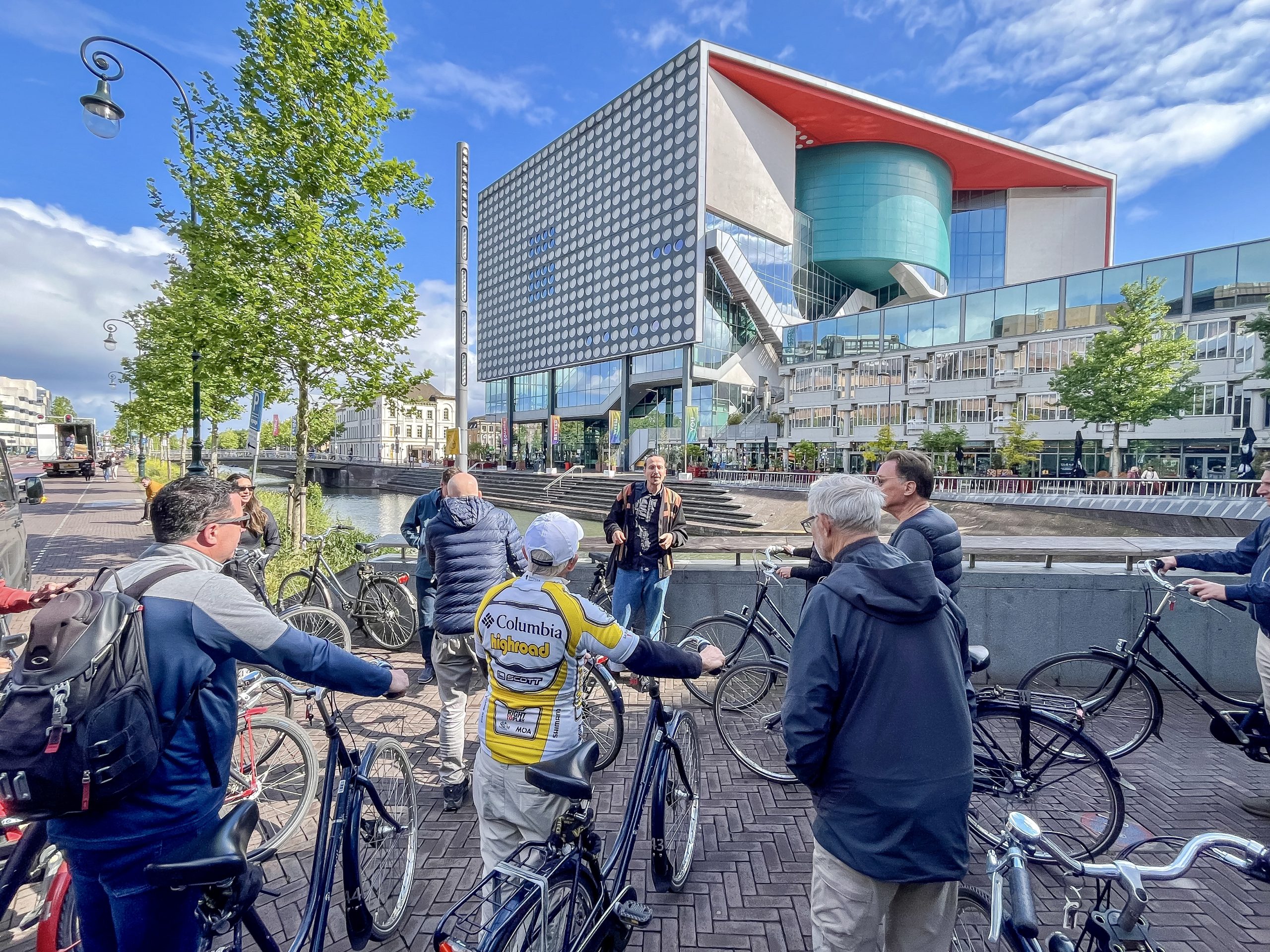University of Wisconsin-Platteville Students Explore Active Mobility in the Netherlands
31 May 2024On the 30th of May, a group of Civil and Environmental Engineering students from the University of Wisconsin-Platteville, led by Professor Kristina Fields, embarked on an educational journey in the Netherlands. Over the course of two weeks, the students are delving into the principles of Sustainable Safety and Active Mobility, with visits to several key locations including Zwolle, Windesheim, and the City of The Hague.
The study visit kicked off with an interactive exercise led by the Dutch Cycling Embassy (DCE). Students were invited to identify differences and similarities between their experiences in the Netherlands and those back home. This engaging activity set the stage for an informative and insightful day.
Next was a presentation from the City of The Hague, where Wouter Schijns, Senior Traffic Engineer, and Alawi Farea, Traffic Engineer, discussed the city’s broad focus on mobility. They covered aspects such as traffic management, the optimization of traffic lights, and the intricacies of managing junctions. The students showed high levels of engagement, actively asking questions throughout the presentation.
Following a well-organized lunch, the group visited the city hall and the control room of The Hague. Here, they were given a sneak preview of the city’s mobility data and surveillance systems, with a particular focus on traffic management. Due to the sensitive nature of the information, photography was not permitted in the control room.
The visit continued with a short cycling tour around The Hague. Despite encountering a rainy Grote Marktstraat, the group visited notable sites such as the indoor car parking garage, the complex junction in front of the Westeinde Hospital—where various modes of transportation intersect, including emergency vehicles, bicycle routes, public transport, trams, and car traffic—the Veenkade, and the Peace Palace.
The guided study visit concluded with a lively game of “bike bingo.” Students were challenged to spot various types of cyclists and cycling scenarios, such as cargo bikes, cargo bikes with children or dogs, cyclists in suits, and passengers riding on the back of bikes. The students enthusiastically filled their imaginative bingo cards, adding a fun and interactive element to their learning experience.
As the day’s activities wrapped up, the students and their professors were eager to continue their exploration, pedaling towards the beach to conclude their visit. This educational trip not only provided the students with a deeper understanding of sustainable mobility but also offered practical insights into the innovative traffic management strategies employed in the Netherlands.





